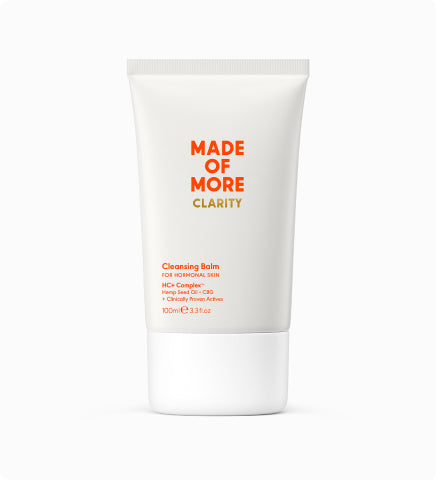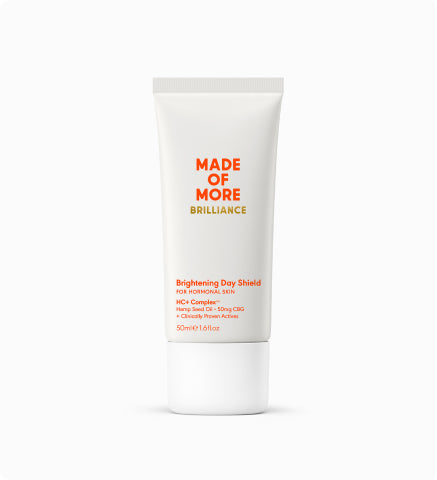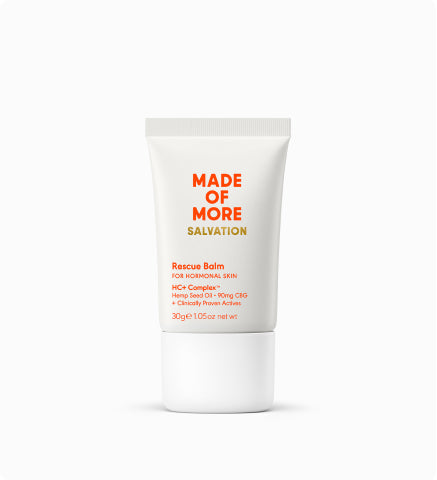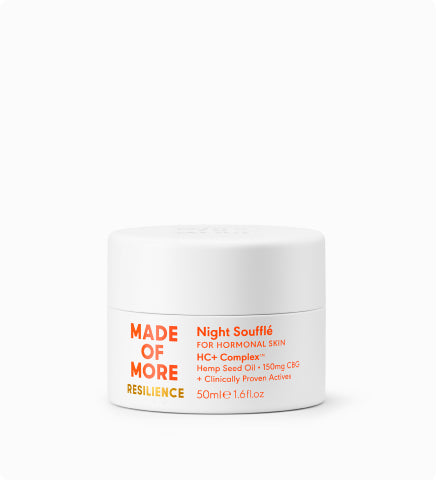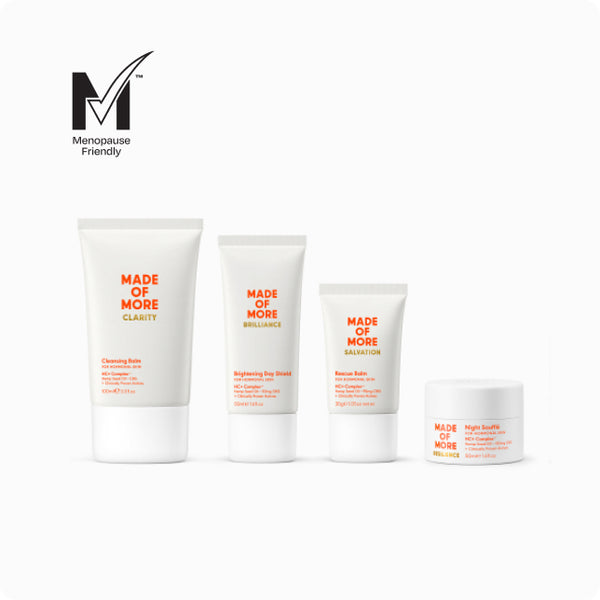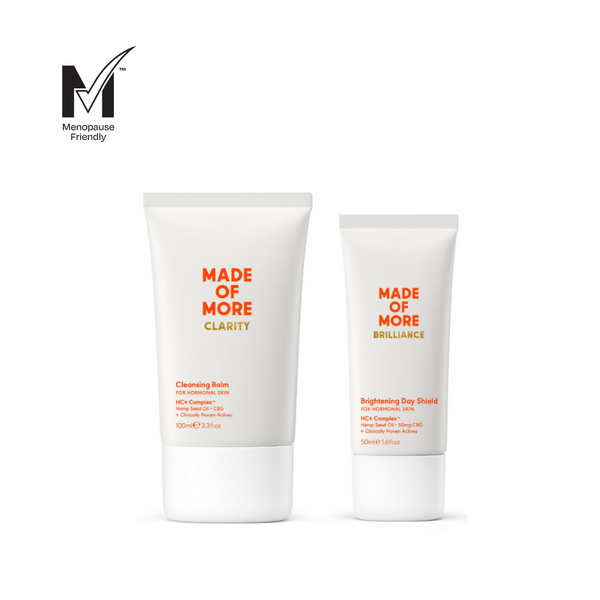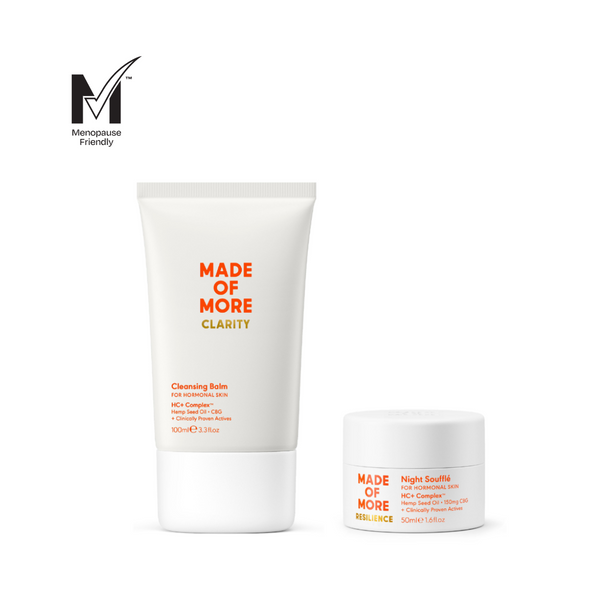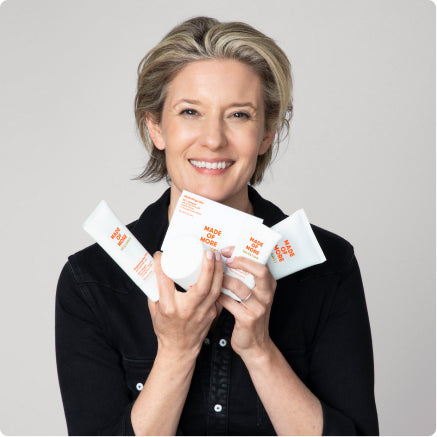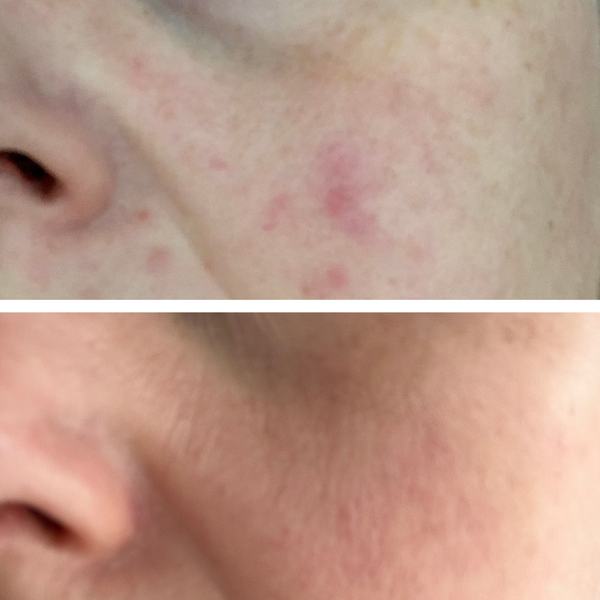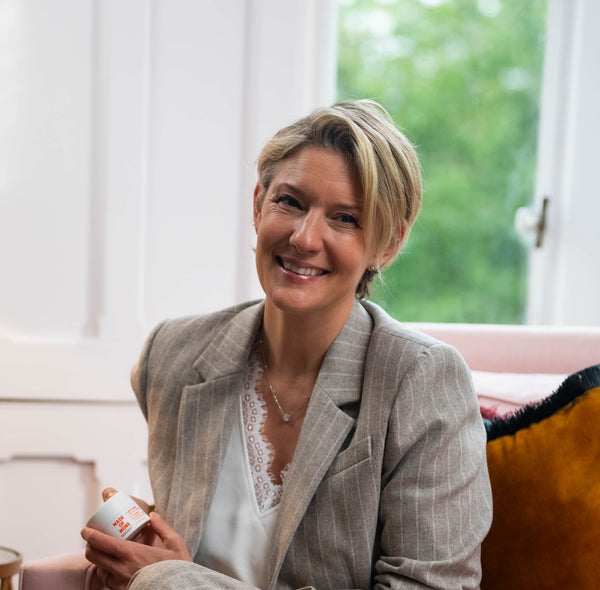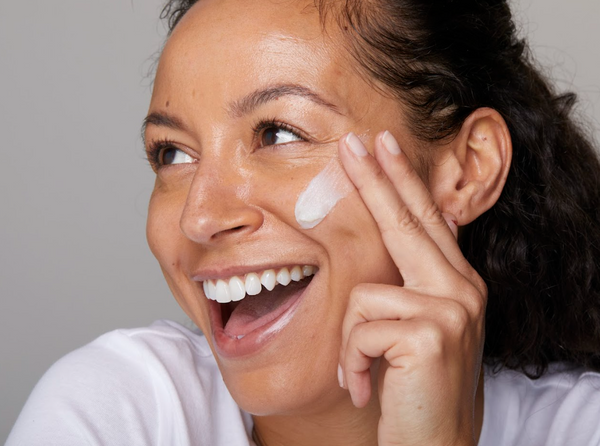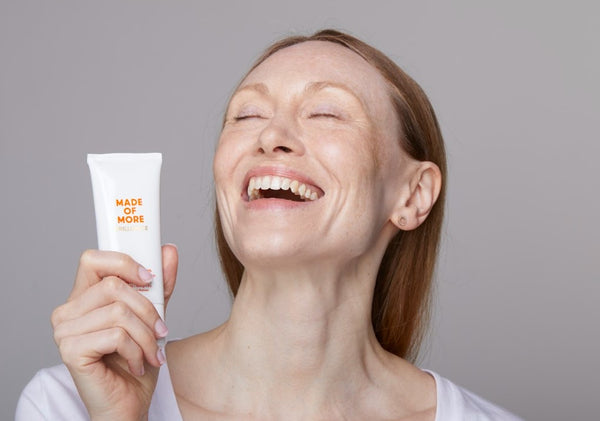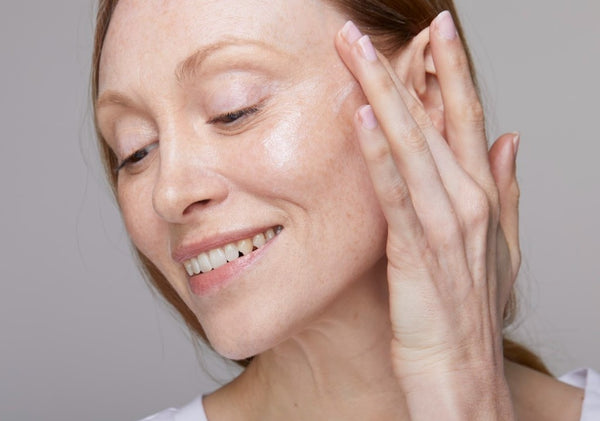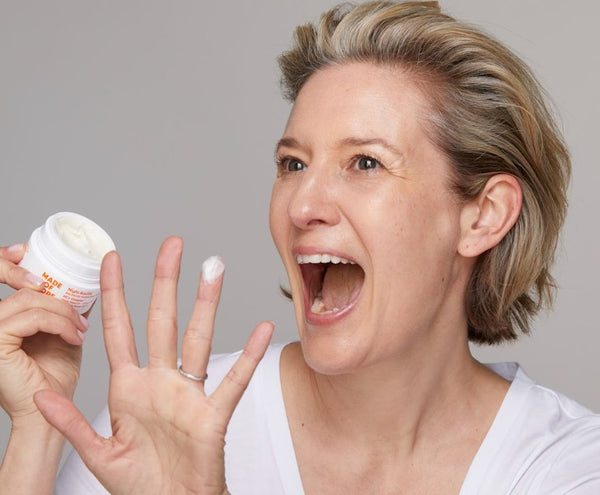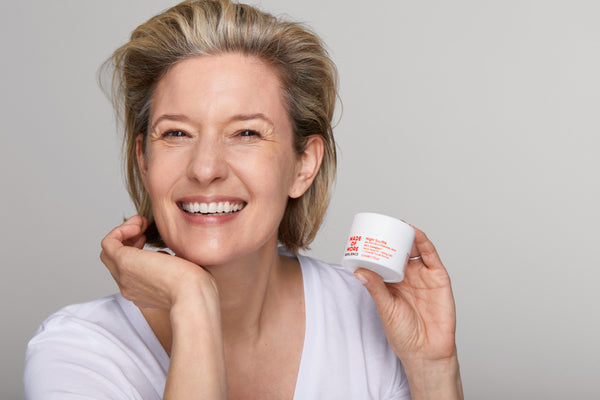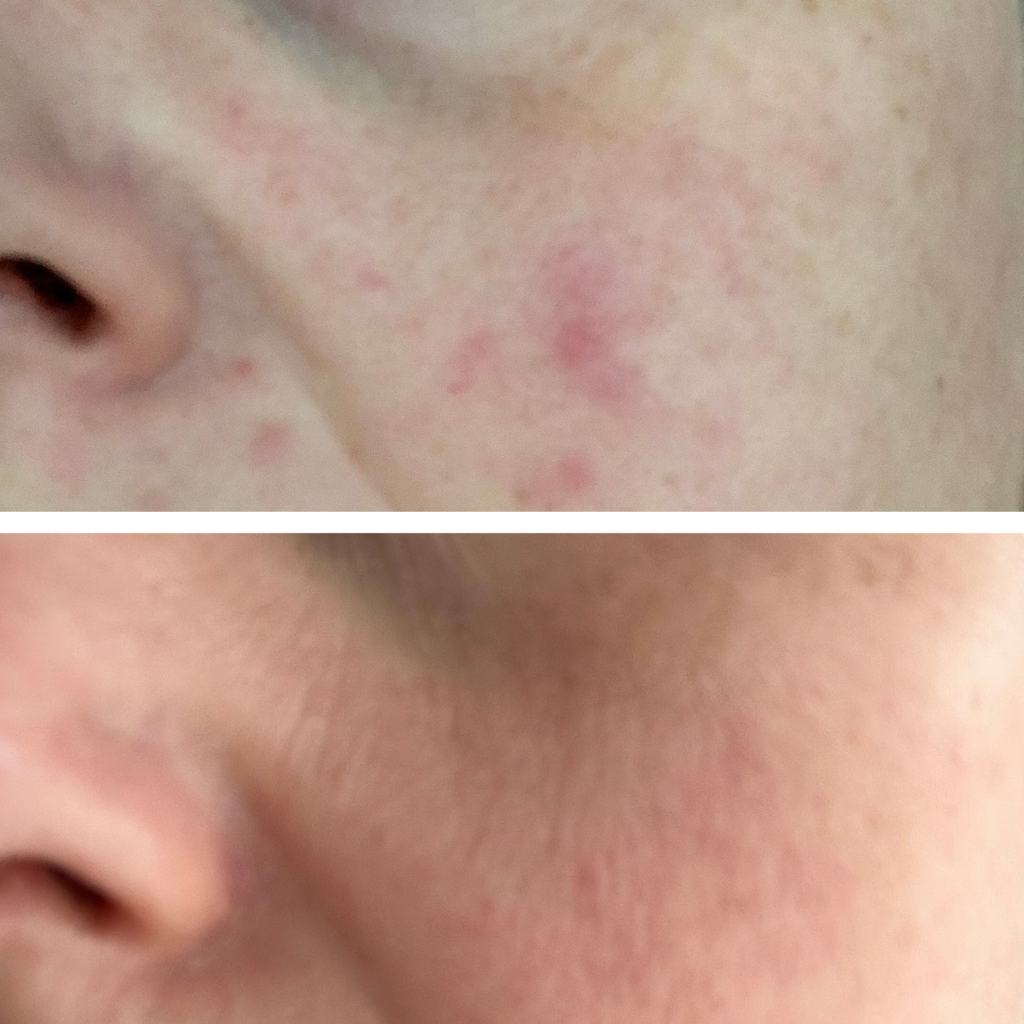Decoding Perimenopause and Its Onset
The onset of perimenopause generally occurs in a woman's 40's, but this can vary. The hallmark of this phase is the fluctuation in hormones like oestrogen and progesterone due to a decrease in egg production by the ovaries. This hormonal upheaval can manifest as irregular menstrual cycles, hot flushes, mood fluctuations, and a wide range of other varied symptoms.
The Role of the Estrobolome in Oestrogen Metabolism and Perimenopause
Central to understanding perimenopause is the role of the estrobolome, a unique collection of gut bacteria integral to oestrogen metabolism. The estrobolome regulates the circulation of oestrogen in the body by metabolising it within the gut. During perimenopause, as the body's oestrogen production begins to fluctuate and eventually decline, the estrobolomes function becomes even more critical. An imbalance in the estrobolome can lead to altered oestrogen levels across the body, contributing to the various symptoms and increased inflammation seen in perimenopause. This underlines the guts integral role in overall wellbeing, especially during this transitionary period, highlighting the need for maintaining a healthy gut microbiome as a key aspect of managing perimenopausal changes.
Understanding the Connection Between Perimenopause and Inflammation
Inflammation naturally arises in the body as a defence mechanism against harm or illness. Yet, in the context of perimenopause, we often see chronic inflammation, where this response lingers, causing prolonged cellular damage. Hormonal imbalances during perimenopause, particularly in oestrogen levels, can trigger this chronic inflammation. As oestrogen is pivotal in regulating inflammation and the immune system, its decline during perimenopause can impair the body’s inflammatory response, leading to health concerns like cardiovascular disease risk, joint discomfort, gut imbalances, and metabolic issues.
Exploring the Gut Health-Inflammation-Skin Axis in Perimenopause
The interplay between gut health, inflammation, and skin health is a crucial aspect of perimenopause. The gut-skin axis refers to the relationship between the gut microbiome and skin health, where changes in gut health can directly impact skin conditions. In perimenopause, increased gut inflammation can lead to exacerbated skin issues, such as heightened sensitivity, dryness, acne and exacerbation of skin conditions like eczema or psoriasis. This reflects how systemic inflammation originating from gut imbalances can manifest externally on the skin, illustrating the need for targeted gut health management to not only improve digestive health but also to alleviate skin-related perimenopausal
symptoms.
Optimising Gut Health and Managing Inflammation During Perimenopause
Despite the inevitability of hormonal changes during perimenopause, adopting certain lifestyle habits can significantly aid in maintaining optimal gut health and managing inflammation. Below are some key strategies:
1. Nutritious Diet: Embrace a diet enriched with fruits, vegetables, whole grains, and healthy fats found in foods like avocados and nuts. These are laden with anti-inflammatory properties, crucial for combating inflammation.
2. Daily Probiotic: Be sure to take a good quality probiotic supplement specifically
formulated to optimise the gut health of women during perimenopause.
3. Regular Physical Activity: Activities such as walking, swimming, or yoga not only reduce inflammation but also enhance overall health and emotional well-being.
4. Stress Reduction: Managing stress through relaxation techniques like meditation or deep breathing exercises is essential in controlling inflammation.
5. Incorporating Omega-3 Fatty Acids: Foods high in omega-3 fatty acids, including fatty fish, chia seeds, and flaxseeds, are known for their anti-inflammatory benefits.
6. Prioritising Sleep: Establishing a regular sleep routine and ensuring 7-9 hours of quality sleep can diminish inflammation and alleviate perimenopausal symptoms.
7. Avoiding Inflammatory Triggers: Stay away from smoking, excessive alcohol, and processed foods high in sugars and unhealthy fats, as they can exacerbate inflammation.
8. Considering Hormone Therapy: Under professional guidance, hormone therapy might be beneficial in balancing hormone levels and reducing inflammation for some women.
Integrating The Better Gut; Probiotic for Enhanced Perimenopausal Health
In navigating the complexities of hormonal changes, gut health, and inflammation during perimenopause, adopting a holistic approach is crucial for overall well-being. A key component of this approach is The Better Gut probiotic. Specially formulated for women in this transitional phase, The Better Gut; is designed to optimise gut health, aiding in managing both inflammation and hormonal balance. Incorporating this supplement into your daily routine can play a significant role in improving the perimenopause experience, helping to alleviate symptoms and enhance life quality during this important time.
Proactively Addressing Perimenopause
Perimenopause, while a natural stage in life, brings hormonal changes that can lead to inflammation and associated health challenges. By understanding this link and proactively adopting a healthier lifestyle, women can effectively manage these changes. Integrating anti-inflammatory practices and seeking appropriate medical advice are key steps in navigating this phase confidently and healthily, turning it into a period of empowerment and vitality.
Thank you so much to Jo Lyall and The Better Menopause team for sharing this journal with the Made Of More community. Discover more about how ‘The Better Gut’ can support your journey through perimenopause by visiting www.thebettermenopause.com.
